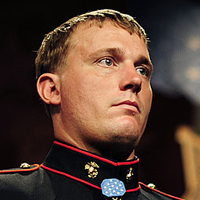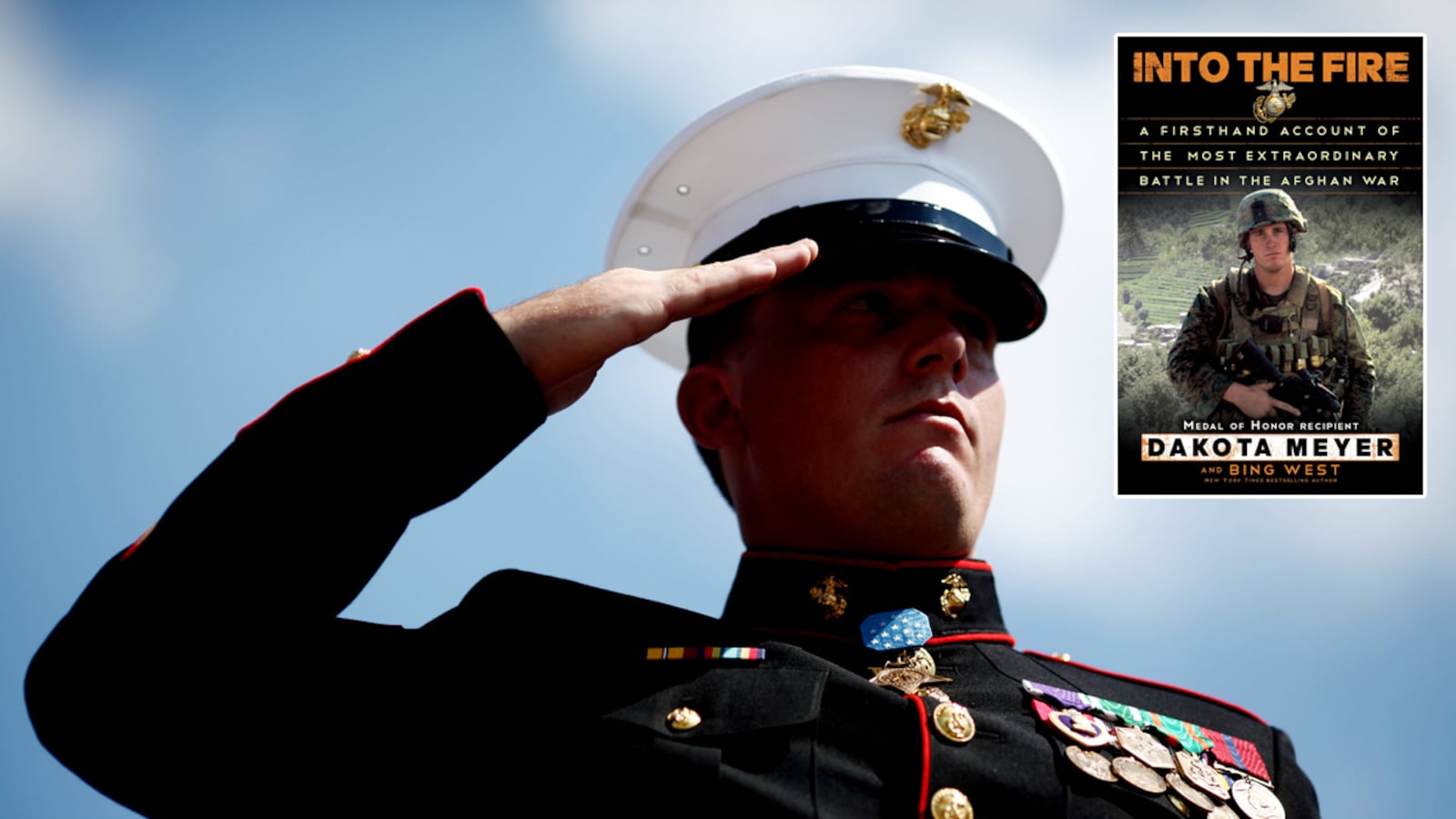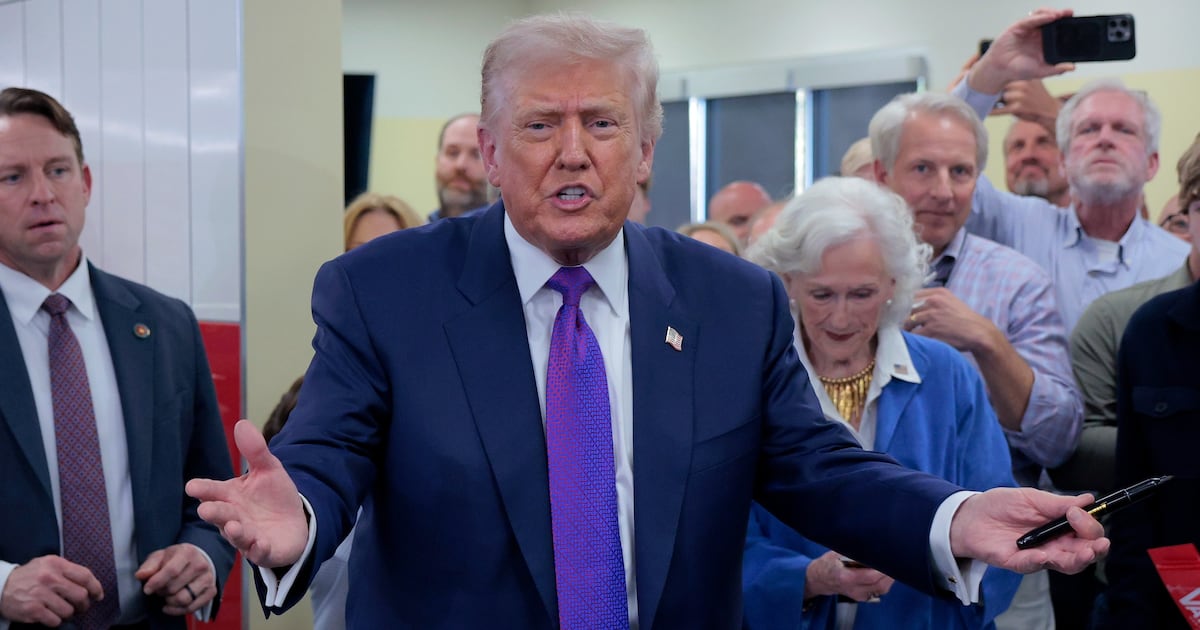
When I got home in December, I felt like I had landed on the moon. Kentucky is pretty much what you think: cheerful bluegrass music like Bill Monroe, rolling countryside, good moonshine, great bourbon, and pretty girls. Greenery, lakes, the creeks and rolling hills, forests, birds, other critters, and all the farms. There’s that genuine friendliness that comes with small towns and close-knit families. You don’t want to act like an asshole because it will get back to your grandmother by supper.
Something like: “Well, Dakota, I hear you had some words today with that neighbor of Ellen’s sister’s boy.”
Dad, of course, was happy to see me, as were my grandparents, so that was a good feeling. Dad didn’t give me a hard time about Ganjigal, and neither did my leatherneck Grandpa. We just didn’t talk much about it. It was great seeing my family and friends, but they had their own lives. Everyone around me was excited about football, Christmas, and other normal things; I was looking at the clapboard houses and the cars and thinking, man—so flimsy. They wouldn’t give cover worth shit in a firefight.
It was an exposed feeling. And where were my machine guns? I found my old pistol and kept it around like a rabbit’s foot, but I missed my 240s and my .50-cals something awful. It seems weird, I’m sure, but I really just wasn’t buying it that there wasn’t some enemy about to come over the green hills, and I felt so unprepared—I wouldn’t be any good to protect anybody.
I was set to soon go off to Fort Thomas, Kentucky, for PTSD therapy (posttraumatic stress disorder, of course). Maybe that would settle me down and let me get some sleep and stop feeling so depressed and angry at every little thing.
Some guys really go nuts when they come back, and I wasn’t in danger of that, but I could feel the kinds of crazy things that maybe got the better of them. As for me, I was a hunter before I went over there, and I was a hunter still—but now I was all nervous about it, like I needed a machine-gun fix. You are over there long enough, and under such constant battle stress, that it resets all your settings way into the red, and they are very hard to set back. The main thing gnawing was that I didn’t get my friends out as I had promised. I had spent a good part of my twenty-one years being pretty critical of other people who failed at their responsibilities, and now it was all coming back on me in a big dump truck.
Around Christmas—this was the tail end of 2009—I was sent to the PTSD clinic in Fort Thomas for eight weeks.
Fort Thomas, on the Ohio-Kentucky line, isn’t too far north of where we are in Greensburg—about three hours and change.
I was still a Marine. My reenlistment date was coming up, so I wanted to get myself fixed up, good as new. Otherwise, I knew I ought to not re-up, as I was sure they would put me in a desk job if I were still PTSD, and then I would no doubt cuss out some first sergeant and lose my stripes.
There were ten men in my therapy group. We met daily as a group, then individually with the counselors. We wrote down our personal experiences for the eyes of the staff only. We didn’t discuss our inner doubts or problems in front of the group—these were all men, and men aren’t too chatty about that stuff.

When we were together, we listened to lectures by experts or talked about safe, nonemotional, academic-type subjects. The clinic called it cognitive psychology. Every day, the psychologists urged us to step back and identify why we were experiencing negative emotions. In other words, take a minute to really be conscious of the emotion, instead of just letting it seep in. Don’t let your mind stay in neutral. Watch your thoughts.
Refusing to get out of bed, or go to work, or smile at others are all decisions. Find the reasons for those decisions and turn negative feelings into some positive actions. It’s not enough to identify why you’re feeling bad; it’s about having the character to do something positive to take up that space. And don’t wallow in your misery, which is just childish self-absorption. That was all good stuff. All I ever need is a good operating manual.
The clinic helped me to not jump to conclusions about people, and to see things through their eyes before I just assumed they were stupid and my enemy.
One soldier in my group had served in Iraq. Two had served in Afghanistan. The other seven were from Vietnam, way back. They were in their sixties.
In a small group, you can’t fake whether you’ve seen combat, even though you’re not supposed to talk about it. Over the weeks, you get to know each other. Most of my group had never heard a shot fired, and most of the older guys didn’t have steady jobs. Or maybe that was me being judgmental again.
Just the same, money seemed to be the motivating factor for many at the clinic. One man was already drawing $2,600 a month for PTSD. Everyone in the program would leave with some allowance, a tax-free monthly allotment.
Some cases surely require long-term care. I’ve read about Audie Murphy, the most famous hero of World War II, and all the demons he carried throughout his life. I’m in favor of getting help when it can speed along the healing that time brings. I just didn’t like it that some guys were scamming the system. Everybody looked able to go pour cement or something, which is what I figured I’d do if I didn’t re-up.
After my two months at the clinic, my enlistment term was, in fact, coming to an end. It didn’t take a genius to see it: I’d end up behind a desk. So I chose not to reenlist. I loved the Corps, so it hurt.
Before joining the Corps, I’d had three concussions, mononucleosis, and an operation on my right knee. When I mustered out four years later, I’d added two operations on my right hand, a right rotator cuff operation, a fourth concussion from an RPG, a dislocated shoulder, and two herniated discs from clumsily lifting the dead and wounded. One vertebra had given way in Ganjigal when I picked up an Askar and slipped in the bloody mud under him. I have no idea when the second vertebra went out during the battle. I had that nick in my arm from a bullet or shrapnel, but that hadn’t been anything. I was in decent shape for construction work, I figured. The civilian official in the discharge office glanced at my medical record and pulled out an article about the Ganjigal fight.
I wasn’t going to think about it. All I knew was that I was not going to let myself become a mental cripple for life. I was stronger than that. I would always regret not saving my guys, but, as for the people I killed, that is what gave me what little peace of mind I had. They were the enemy. That’s what you do to the enemy. That part was not going to upset me. The people who started it are the guilty parties, and I was still figuring that was Mr. Bin Laden. Send him the bill. In fact, that bill was about on the way.
After the PTSD clinic, I returned to Kentucky. It was the winter of 2010 and I warmed myself up by slipping back into hard drinking each night. I wasn’t headed to some college where Lt. Johnson would be the military instructor and we’d climb mountains with Staff Sgt. Kenefick and Doc Layton. And I wasn’t heading back to finish those bastards above the Kunar River. Dad watched me out of the sides of his eyes.
All of us survivors from Ganjigal were spreading out into the culture.
Swenson was up in Seattle somewhere, mustering out of the Army. Staff Sgt. Juan Rodriguez-Chavez, the best Humvee driver who ever lived, was somewhere up near Chicago. Fabayo was in Virginia. Both of them had gone home to a Navy Cross, and they deserved it and more. Swenson and I were up for something, but I didn’t believe it would happen or even care—I knew what I had done, and the result was zero.
My friend Hafez, an Afghan, was still stuck at Monti, looking for a way to the States. He had earned entry, for sure, but wasn’t getting it. And Monti was deteriorating.
“Am I going to die? Am I going to be all right?” The words were pretty standard, given the blood all over the poor guy. “Am I going to be okay?”
It took me a minute to realize where I was. I had been driving back to the farm from some buddy’s house, and I came across a pickup truck on its side. It was like something you would see at Dab Khar. Smoke was coming out from the engine as if it had just taken an RPG.
I pulled over quickly and ran low to the truck, even though there were no bullets hitting around me. I jumped up on the hood and opened the driver’s door skyward—it’s heavy when the vehicle is on its side like that. There was blood all over the windshield and the interior. The driver, a young guy, was hung up in his seat belt with blood pouring out of his left arm, sliced to the bone. I lifted him out, which was hard, though I didn’t feel my back hurting at all, which was good. I got him down to the ground, took off his belt, and cinched it tightly around his biceps to stop the bleeding.
Another driver had stopped and called for an ambulance. It wouldn’t come for a good twenty minutes.
He kept asking, “Am I going to be all right?”
“Sure. You’re fine. I’ve seen a lot worse than this. You’re fine. You’ll be fine.” The siren finally. The smell of his blood, the weight of his body in my arms, it was somehow … I don’t know what it was. It wasn’t bad. It was a release. It felt very good to help save someone.






